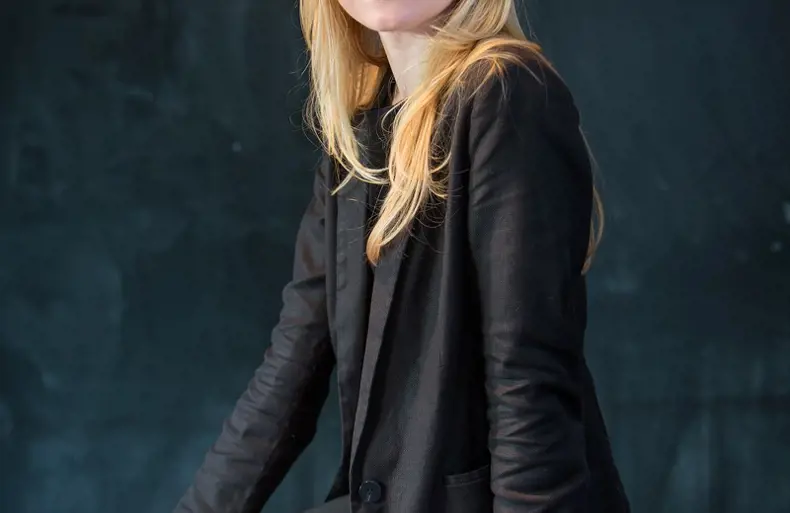When designing retail properties, cost, square footage, the brand and the consumer are often front of mind. But what if we took a different approach, starting with a focus on what makes us human and how this affects how we interact with space? Good property design should go back to the basics, looking at the fundamentals of being human, our basic needs and our senses, and tapping into people’s powerful subconscious.
The subconscious mind can process 11 million bits of information per second compared to the mere 40 bits of information we process consciously. Our subconscious is heavily influenced by our senses – sight, taste, smell, touch and sound – as well as a sixth sense, bodily sensations. Our experience of an external environment is purely internal. Therefore, strategically choosing design elements that appeal to these senses can lead to commercial benefits, both short and long-term. Even the subtlest adjustment to an external environment can evoke a different reaction from a customer. However, it is vital to first understand how our minds work.
Creating a connection
Our evolutionary need for closeness – which we feel even more acutely now that modern tech is creating more social isolation – filters into many aspects of our daily lives. By fostering human interaction and allowing customers to get to know a brand more intimately, retailers have the opportunity to build long-lasting relationships with their customers. Social interaction increases the amount of time a customer spends in a store, makes them more willing to buy and leads to customer loyalty. Hospitality-style customer service, which offers a bespoke experience and ensures people feel taken care off, allows the customer to develop a connection with a brand. Several luxury retailers have introduced a concierge and private changing rooms into their stores, which give a feeling of status.
Touch is an important sense when it comes to creating a connection. Research has shown that this sense leads to a feeling of ownership, while the perception of value also increases; in a recently conducted study, retail customers believed items they could touch were 24% more valuable.
From infancy, humans show a preference for round objects, which we perceive as being safer. Curved lines are another feature of many luxury stores and tend to slow walking speeds and thus, increase dwell time. Soft furnishing, such as sofas and curtains, also make us feel more comfortable, as well as making us more susceptible to persuasion.
Appealing to the senses
We engage more with an environment that provides emotion and psychological comfort. The sensation of warmth is welcoming and research has shown that a warmer temperature (23-24 degrees) makes customers 36% more willing to pay for an item. Warmth doesn’t necessarily have to be physical. Colours and textures also contribute to this.
Dimmed lighting makes people feel more comfortable, while also making us more desire-led and therefore, more likely to make impulsive purchases. Luxury stores often use dimmer and softer lighting, which increases the feeling of privacy and makes us less self-aware.
Music is often an afterthought when designing retail spaces, however, it can be one of the most impactful tools to help increase sales. Unfamiliar music has been shown to lead to higher pleasure and a longer dwell time. Interestingly, customers perception of how long they spend in the store is shorter when listening to unfamiliar music compared to familiar music, such as the latest chart-toppers – they say time flies when you’re having fun.
Simplicity can be very effective when introducing scent to a space. Research undertaken in a fashion retailer found that simple scents – those with just one aroma, such as lavender or citrus, rather than a mixture of aromas – increased sales by 32% and encouraged customers to purchase on average two more products and take 40% less time when deciding between two items. Compared to having no scent at all, simple scents produced a 24% increase in sales.
Sensory cohesion
Sensory design must consider each of our senses equally to ensure balance, consistency and congruent messaging. Harsh lighting against soft furnishings or a gentle scent paired with loud music is jarring. While a relaxing scent and subtle, low volume music has proven most effective to increase impulse buying – leading to an 84-107% increase in sales – energising scent with vibrant and high-volume music also works, resulting in an 46-64% increase in sales. The key is to ensure the senses are working together.
As bricks and mortar stores continue to compete with the rise in popularity of shopping online, the need to make a connection with customers has never been more important. High street retailers and shopping malls have the unique opportunity to harness the subconscious mind in order to create a physical and personal experience for their customers, which can lead to customer loyalty, brand enhancement and increased sales.




